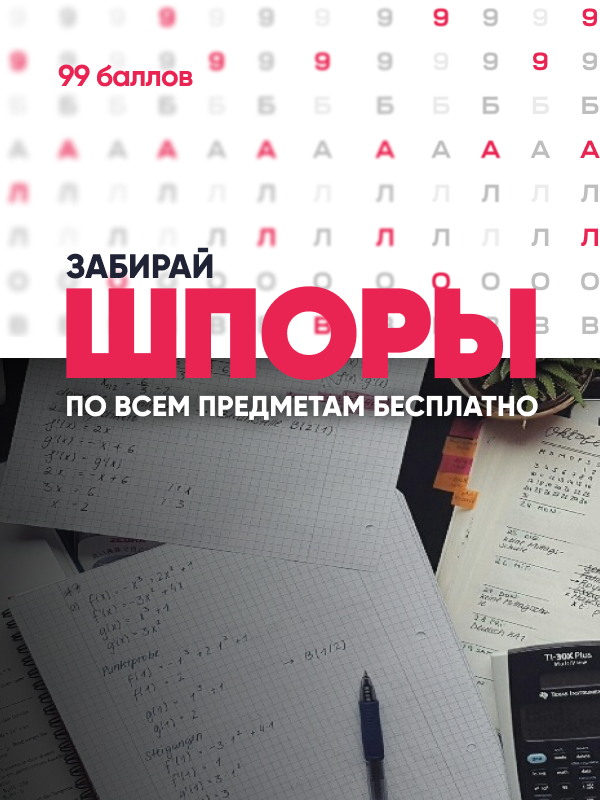
Задача по теме: "Понимание в прочитанном тексте запрашиваемой информации"
Трубанева_18вар_13-19
Dal’s Explanatory Dictionary
Vladimir Dal is the author of the Explanatory Dictionary of the Russian language. The full edition of the dictionary was published in 1866. Before that, Vladimir Dal had tried his hand at literature. In. fact, his stories and fairy tales were not very exciting and few of his literary works were ever published. But, still, the name of Vladimir Dal is well-known to everyone who speaks Russian. He became famous as the author of a unique dictionary.
From his early years, Viadimir Dal showed great interest in language and folklore. His mother spoke five foreign languages and was a brilliant narrator. Vladimir’s parents encouraged him to read a lot. After graduating from the medical faculty of the University Vladimir Dal worked as a doctor and a civil servant. Due to his work, he travelled extensively and wrote down words and phrases he had never heard before.
The first edition of Dal’s Dictionary contained four huge volumes of 200 thousand Russian words. The book of 30 thousand sayings was published later. Unlike the other dictionaries of those times, it had not only literary expressions but a lot of dialectal words and phrases, too. It was illustrated with proverbs and encyclopedia entries. In other words, there was a vivid live language under the cover of Dal’s books.
All the words were presented in alphabetical order. Vladimir Dal preferred to explain the meaning of the word in an easy and clear way. He admitted that his grammar was not always accurate. As Vladimir Dal was not a professional linguist, he often faced criticism because of the structure and content of the dictionary. However, nobody could deny its ethnographic value. The dictionary contained unique material and stimulated further linguistic studies. In 1863, the Russian Academy of Sciences awarded Vladimir Dal the Lomonosov Medal.
Like most well-known dictionaries of that time, Dal’s Dictionary was mostly individual work. In those years, most linguists and writers preferred to work alone. They thought that teamwork took too much time and it provoked lots of disagreements and discussions. Although Vladimir Dal used various academic sources, he completed the whole work and edited the dictionary himself.
The dictionary became a classic after Vladimir Dal’s death. It was the only dictionary regularly printed in Russia. The editors made some changes, of course: they changed the spelling of some words, removed some of the expressions and added new words and explanations.
Прочитайте текст и запишите в поле ответа цифру 1, 2 или 3, соответствующую выбранному Вами варианту ответа.
Vladimir Dal’s stories and fairy tales were based on his childhood memories.
1) True
2) False
3) Not stated
Решение:
Vladimir Dal’s stories and fairy tales were based on his childhood memories. — Рассказы и сказки Владимира Даля основаны на его детских воспоминаниях.
В тексте нет информации о данном утверждении — not stated.
Ответ: 3
Сообщение об ошибке
Расскажите, в каком месте допущена ошибка, мы как можно быстрее её исправим. Спасибо за обратную связь!

| МГ | Pro | ProMax | |
| Практика на платформе | |||
| Отслеживание прогресса обучения | |||
| Двухуровневое домашнее задание после каждого вебинара | |||
| Все материалы составлены экспертом ЕГЭ | |||
| Персональный менеджер | |||
| Личный куратор | |||
| Разбор ошибок личным куратором | |||
| Еженедельные созвоны с куратором для закрытия индивидуальных пробелов | |||
| Составление индивидуального расписания |

счёта
средств
подтверждено!
Теперь вы можете приступить
к следующему уроку
курса по математике
замены
Для смены номера телефона
мы отправили Вам код по СМС,
введите его в поле ниже.



